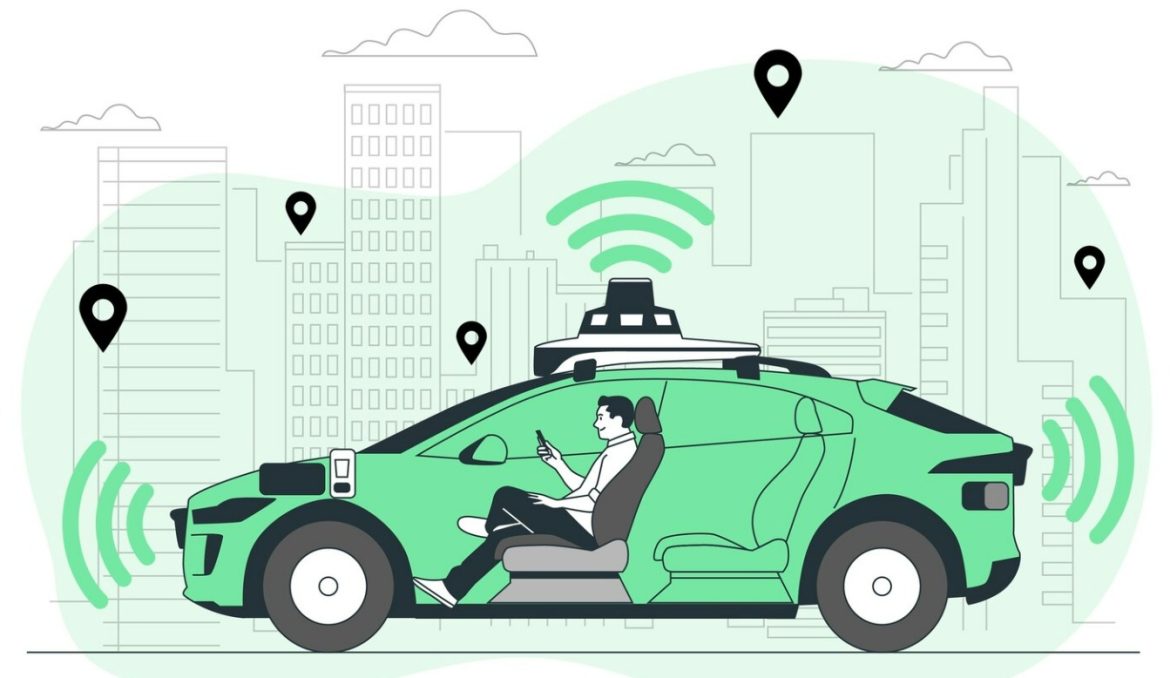The landscape of transportation is undergoing a transformative shift with the emergence of electric vehicles (EVs) and autonomous driving technology. In this article, we’ll delve into the future of transportation and how these innovations are reshaping the way we move.
The Rise of Electric Vehicles
Electric vehicles are gaining popularity worldwide as an eco-friendly and sustainable alternative to traditional gasoline-powered cars.
Environmental Benefits
EVs produce zero tailpipe emissions, reducing air pollution and greenhouse gas emissions that contribute to climate change.
Improved Battery Technology
Advancements in battery technology have led to longer driving ranges and faster charging times, making EVs more practical for everyday use.
Autonomous Driving Technology
Self-driving cars, enabled by autonomous driving technology, are on the horizon, promising to revolutionize the way we commute.
Levels of Autonomy
Autonomous vehicles come in various levels of autonomy, from driver-assistance features to fully autonomous driving without human intervention.
Safety Improvements
Autonomous vehicles have the potential to significantly reduce traffic accidents by eliminating human error, which is a leading cause of crashes.
Urban Mobility Solutions
Electric and autonomous technologies are reshaping urban mobility in several ways.
Electric Scooters and Bicycles
Electric scooters and bicycles provide convenient, eco-friendly options for short-distance urban travel.
Ride-Sharing Services
Autonomous ride-sharing services are poised to become the future of urban transportation, offering cost-effective and efficient mobility solutions.
Infrastructure Challenges
While the future of transportation is exciting, it also presents challenges that need to be addressed.
Charging Infrastructure
Expanding charging infrastructure for EVs is crucial to support the growing adoption of electric vehicles.
Cybersecurity Concerns
Autonomous vehicles are vulnerable to cybersecurity threats, highlighting the need for robust security measures.
The Impact on Traditional Industries
The shift to electric and autonomous transportation has implications for various industries.
Energy Sector
As EVs become more prevalent, there will be a shift in energy demand, with implications for the electricity grid and energy providers.
Automotive Industry
Traditional automakers are transitioning to electric and autonomous vehicle production, with new players entering the market.
Sustainable Urban Planning
The integration of electric and autonomous vehicles into cities requires thoughtful urban planning.
Reduced Congestion
Autonomous vehicles can optimize traffic flow, reducing congestion and commute times.
Environmental Planning
Cities must consider the environmental impact of increased EV adoption and develop sustainable infrastructure.
Conclusion
The future of transportation is electric and autonomous, offering the promise of cleaner, safer, and more efficient mobility solutions. As electric vehicles continue to grow in popularity and autonomous driving technology advances, cities and industries must adapt to harness the benefits while addressing the associated challenges. With careful planning and innovation, the future of transportation holds exciting possibilities for a more sustainable and connected world.
